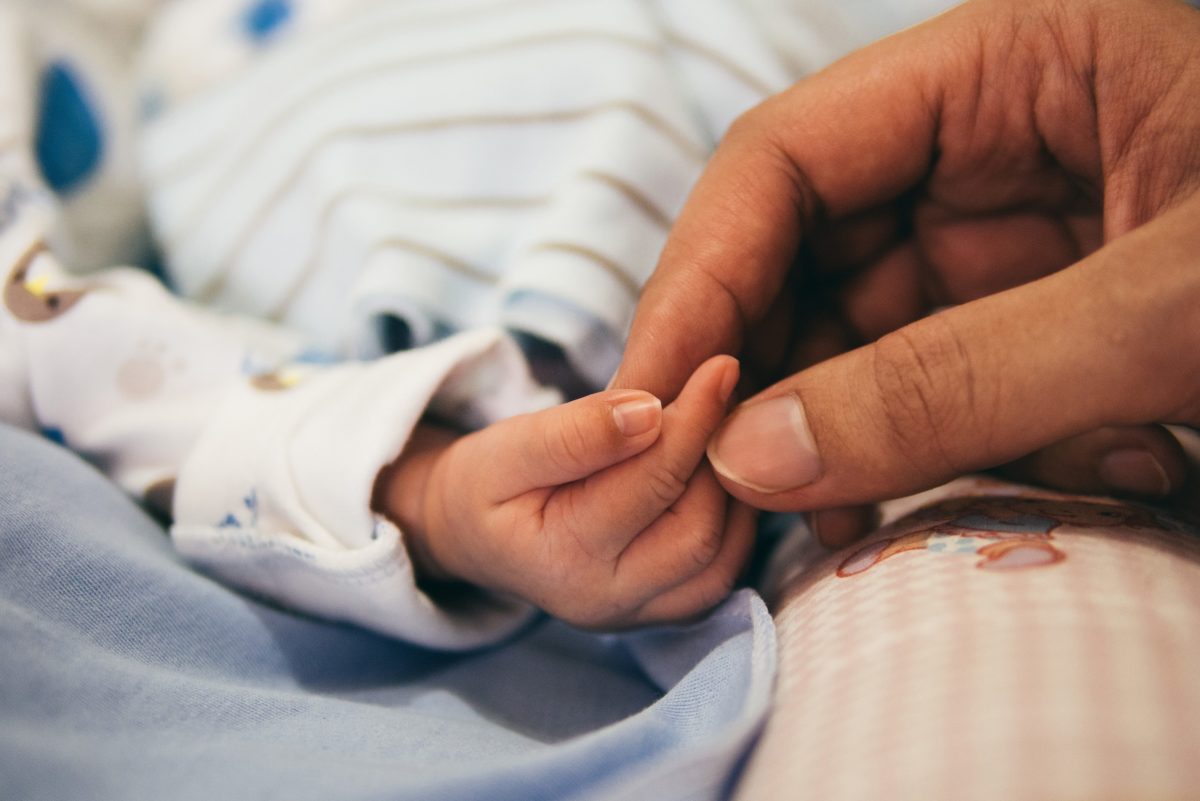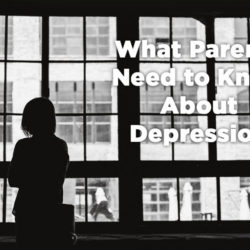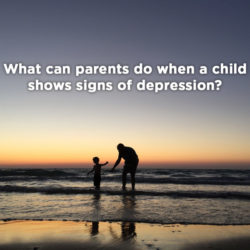As parents, you should all be a little more aware of the possibility of our kids getting dengue during the rainy season. As the old adage goes, prevention is better than cure.
How Can I Prevent Dengue at home?
1. Make sure you don’t have any open containers of water at home. Mosquitoes breed in still waters so vases, tires, or buckets with water in them will be the perfect place for mosquitoes to breed. You should make sure to inspect your house for areas where water collects and go stagnant and start housing mosquitoes.
2. Use a mosquito net.
Mosquito nets or kulambo are particularly useful against mosquitoes. Using them at night, especially when you sleep with the windows open, can definitely help against mosquito bites which might cause dengue.
3. Consider applying a mosquito repellent before leaving the house.
Mosquito repellents come in all various lotions and patches nowadays. It’s a great way of keeping your child safe when you go out or when they leave for school.
4. Cover up!
Simply wearing long-sleeved shirts and pants can help reduce the chance of getting mosquito bites. And here’s a tip for you, if you’re going to a place that’s known to have a lot of mosquitoes, you can purchase Permethrin (a repellent typically used for ticks and lice) and apply it to your clothes (not on skin). The Permethrin also acts as a pretty effective repellent against mosquitoes.
Even if you’ve taken these steps, however, there’s still no guarantee that you can perfectly shield your family from dengue. But at least you took the responsibility of lessening the risk of your family being susceptible to dengue.
Staying vigilant, then, how will you be able to tell if your child has dengue?
What are the symptoms of dengue fever?
A high fever (more than 38C) lasting one to seven days is usually a sign of dengue. However, fever alone shouldn’t be enough of a reason to suspect dengue in your child.
Also check if your child also has at least two of the following symptoms: rash, headache, body pains, muscle pain, joint pain, diarrhea, vomiting, pain behind the eyes, swollen glands (kulani), abdominal pain, or bleeding gums or nose.
If you observe any of these symptoms in your child, or if your child complains of having these symptoms, you should take your child to the doctor immediately as it is probable that your child is suffering from dengue. It’s important that you seek a physician immediately if you suspect that your child has dengue. The close management of your child’s health is crucial for how the treatment plan will be.
What are the tests that my doctor may request?
There are several tests that your doctor may choose to confirm if your child has dengue. These include an NS1 antigen test, dengue IgM antibody tests, or a CBC.
What should I do if my child might have dengue?
The first thing to do if you suspect your child might have dengue is to take him to a physician. Early detection is crucial for making sure that no further complications arise from dengue, and your physician can help you best manage and monitor your child’s recovery,
Dengue is caused by a virus (from the Flaviviridae family), and thus cannot be addressed by antibiotics – which combat bacteria. There are also no medications that are given for dengue to specifically treat the virus itself. Because it’s a virus, it’s self-limiting, meaning it will eventually run its course. At this point, it is important to closely monitor your child for any other symptoms that may develop and work with your physician to make sure your child feels better soon.
My child has dengue. What should I do?
Provided that your child is already under the care of a capable physician, the best thing to do is simply be there and keep a close eye on your child. Depending on the other symptoms or the severity of the case, other measures may be taken to address the symptoms that develop. If your child, for example, develops diarrhea, your physician may ask your child to be hospitalized for close management and ensure he doesn’t become dehydrated.
We’ve gone to the doctor, but they just sent us home. What do I do next?
This could be a good sign, it could mean that your child is fighting off the virus well enough on his own. At this point, it is still important to closely monitor your child’s health and seek a physician if his condition worsens. Just follow your doctor’s additional instructions if he gave any, and treat the symptoms of the fever like any other. This means ensuring your child gets plenty of water and eats enough food and has a well-balanced diet. Your child may not have his normal appetite back, but it is important to take good care of his nutrition needs and water intake, especially as he is fighting an infection.
This is the second/third/fourth time my child has been diagnosed with dengue. What should I expect?
Because there are four known strains of serotypes (DENV 1 through DENV4), if you are infected by a certain strain and recover, you become immune to that one strain, but not to the other three strains, so it is possible for your child to get sick from dengue more than once. Symptoms are usually worse with subsequent infections, which is why it is important to immediately seek out your physician if you are suspecting your child to be sick with dengue again.
The prevailing theory as to why this happens is thought to be due to something called antibody-dependent enhancement. What this means is that, for example, your child first got sick with dengue from the strain DENV1 and gets better, she now has antibodies that protect her from getting sick from the DENV1 strain of dengue. Now let’s say that she gets bitten by a mosquito carrying the DENV2 strain of dengue, she doesn’t have immunity against the DENV2 strain but she does have immunity from the antibodies she produced from the DENV1 strain. These antibodies against DENV1 can actually recognize the DENV2 strain and attach to it, but instead of destroying the virus, it helps it spread across the body and multiply, making the symptoms of subsequent dengue worse, and increasing the risk of dengue hemorrhagic fever.
As parents, you do a lot for your children. You take care of them, do what you can to keep them out of harm’s way and take care of them when they get sick. And when they do get sick, It’s important to remember that you should work with your physician as a team for your child’s recovery.

John Renzo A. Arceta is a graduate of Health Sciences from the Ateneo de Manila University. He is currently getting his medical degree and MBA at the Ateneo School of Medicine and Public Health while working as a Research Associate at DevHealth Management Consulting Services. His interests include the medical sciences, public health, health financing, and climate action (and the occasional funny cat video).




